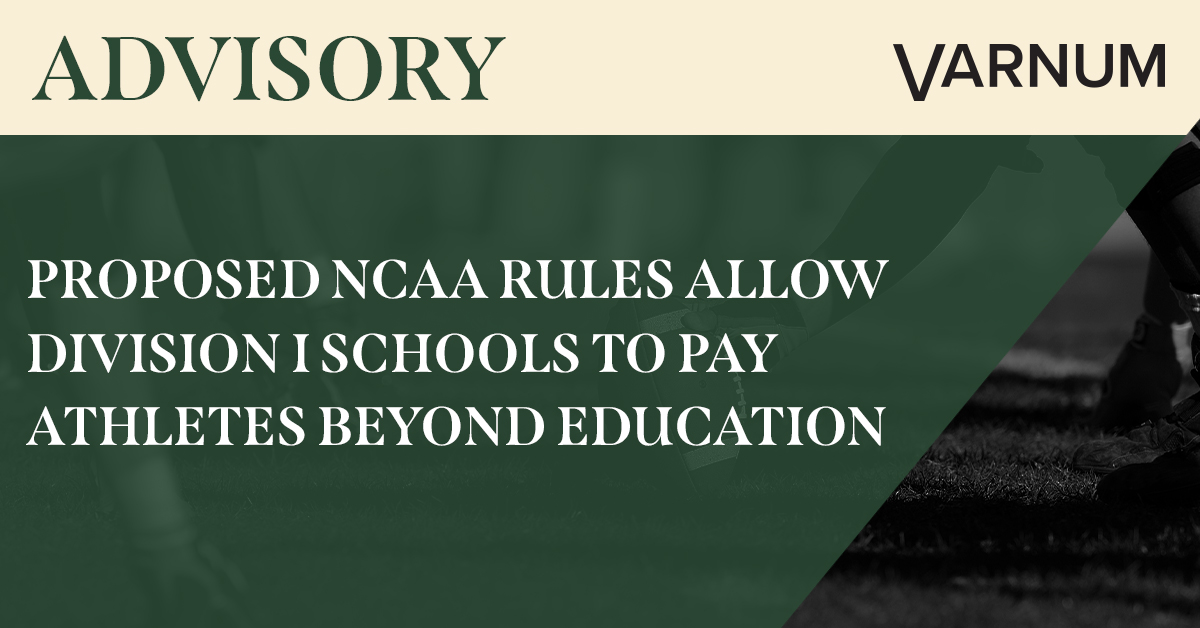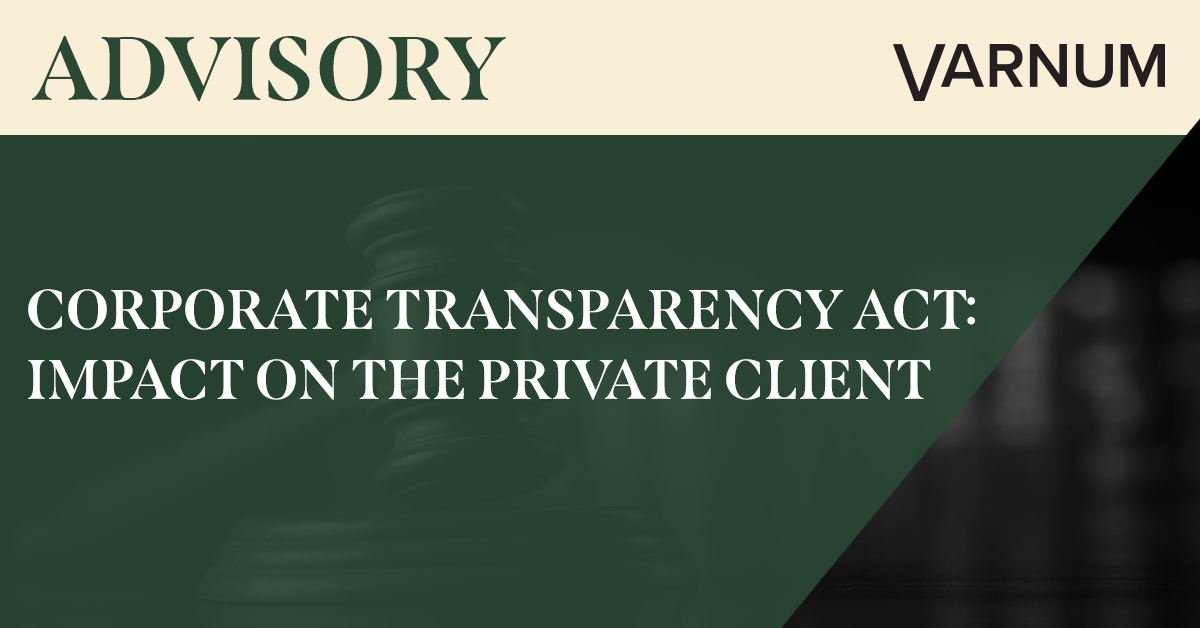We see it a lot: a client buys a piece of property and completes the necessary documents (i.e., a baseline environmental assessment) to ensure they are not liable under Michigan law for preexisting contamination. But then they are contacted by government regulators, looking for contamination and environmental risks and raising a multitude of questions: Do you have to respond? What is EGLE (Michigan’s Department of Environment, Great Lakes, and Energy) or EPA looking for? Are you going to have to pay a bunch of money to clean up the property? Do you have to do the testing that is being requested?
Michigan’s clean-up laws are largely government-regulated by Part 201, Environmental Remediation, of Michigan Natural Resources and Environmental Protection Act. Under Part 201, property owners and operators have various obligations, even if they completed a baseline environmental assessment (BEA) when the property was purchased. For example, a property owner or operator has certain “due care” obligations with respect to the property, such as not exacerbating environmental conditions. The property owner or operator must also ensure that the property is protective of the health and safety of persons using the property.
Similarly, the federal EPA has broad authority as well. Usually, the EPA does not get involved when EGLE does because a memorandum of understanding exists between the EPA and EGLE, which essentially says that EGLE will regulate properties that are suspected of containing hazardous substances. However, exceptions exist, such as Superfund sites. Under the Comprehensive Environmental Response, Compensation, and Liability Act (CERCLA), the EPA has broad information gathering authority. Thus, as one client recently experienced, do not be surprised if EPA sends you a 104(e) request for information if you own or operate a Superfund site, even if it is a site in which EGLE is actively involved.
Michigan and federal environmental clean-up laws are complex. Thus, to no surprise, when clients get a notice of violation or compliance communication from government regulators, we often get a call. We can navigate you through the many complicated legal issues and we often involve environmental consultants as well.
Varnum’s environmental team is well versed in helping property owners and operators navigate the many issues that need to be addressed when government regulators start requesting information from you. If you have questions about environmental regulatory issues, contact a member of Varnum’s Environmental Team.






